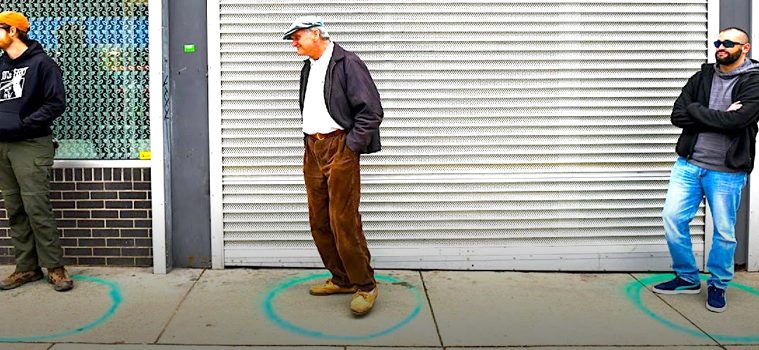Not the Long Commute –
March 27, 2020 – And then came the coronavirus. It took a while — and many confusing press conferences, whether it’s trying to decide if you should visit a sick family member, order delivery, take public transit, or take a trip to the grocery store, we now have to think through the potential implications of many of our totally normal, everyday actions and decisions in a way we never had to before, because of how they could affect others. This is called “moral fatigue,” and it’s exhausting. We’re faced with a lot of the same decisions from our pre-corona lives — except now, even the most mundane activities have turned into moral dilemmas. Whether it’s trying to decide if you should visit a sick family member, order delivery, take public transit, or take a trip to the grocery store, we now have to think through the potential implications of many of our totally normal, everyday actions and decisions in a way we never had to before, because of how they could affect others. This is called “moral fatigue,” and it’s exhausting. When local and state governments first started enacting social distancing (though the World Health Organization is now transitioning to the term “physical distancing” to emphasize that we don’t have to give up social connections) policies, there was a clear adjustment period. As Americans, we’re not used to limiting our personal autonomy to help the greater good. This meant it was hard to convince people that even if they’re not in a high-risk group or worried about getting sick themselves, they should stay away from other people, in order to not spread coronavirus to more vulnerable groups. As the death toll rises, and reports of increasing numbers of younger people being hospitalized surface, we’re finally starting to understand how serious this pandemic is, and the impact each one of us can have on the outcomes — whether or not we realize it.



